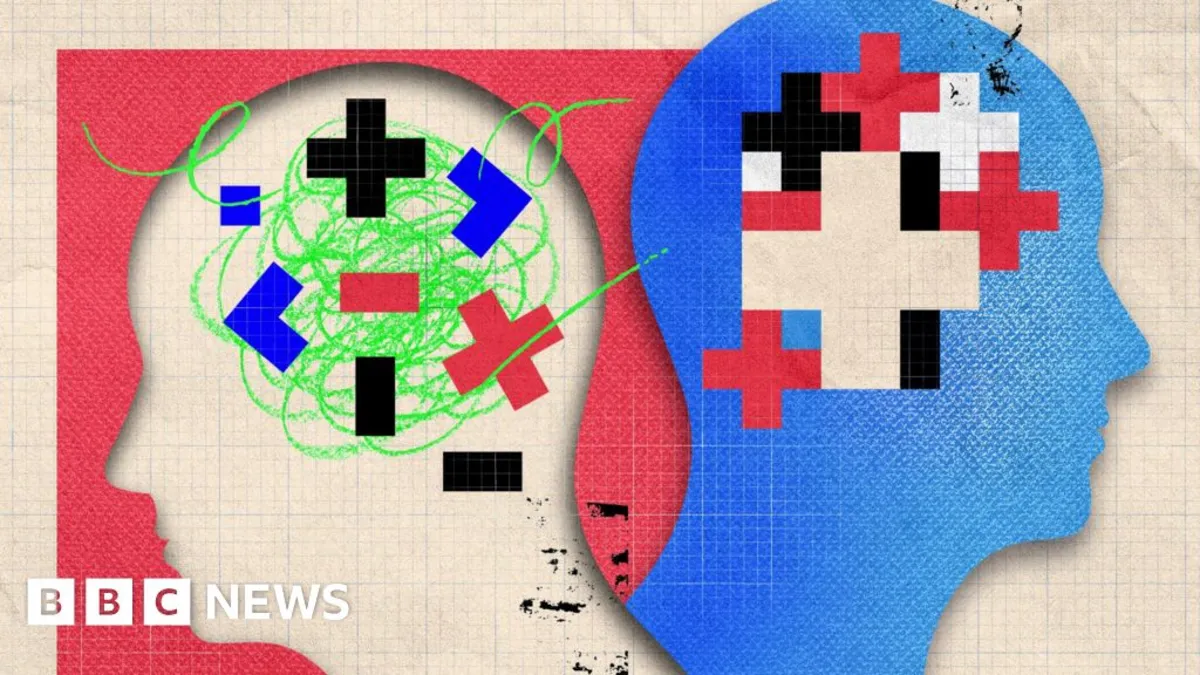
Patients left in limbo - the NHS's struggle with ADHD cases is reaching a critical point. Recent investigations by the BBC reveal that specialist ADHD services for adults are halting new patient intakes due to overwhelming demand. This alarming trend affects countless individuals seeking help for attention deficit hyperactivity disorder (ADHD), which significantly impacts daily functioning and overall quality of life.
The BBC's extensive investigation uncovered that at least 15 local areas have closed their waiting lists entirely and another 31 areas have implemented stricter criteria, making it increasingly difficult for patients to access essential support. Professor Anita Thapar, chair of NHS England's ADHD taskforce, described these findings as disturbing, emphasizing the considerable risks faced by patients in need of care. Her forthcoming report, set to be released this Thursday, is expected to advocate for a comprehensive overhaul of the current ADHD support system.
ADHD is a neurodevelopmental disorder that affects brain function, leading to impulsivity and distractibility. It is estimated to impact approximately 5% of children and 3-4% of adults, yet a significant number remain undiagnosed. Experts agree that obtaining a proper diagnosis and treatment—ranging from medication to psychological therapy—can be transformative. However, NHS data highlights an average wait time of eight years for individuals already on waiting lists, and the recent findings suggest even more barriers to accessing these lists.
The BBC's investigation gathered information from 59 services, which represent a majority of those offering ADHD support across England. Key findings include:
15 trusts have ceased all or part of their referrals, with some covering extensive areas. In Cheshire, the adult service has been closed to new patients since 2019. 31 trusts are rationing care by implementing exclusions based on age or severity. One trust, the Coventry and Warwickshire Partnership Trust, faces legal threats for limiting adult assessments to individuals under 25.In some regions, patients referred by their GPs can utilize the 'right to choose' option, allowing them to seek alternative NHS lists or private support if their local services are no longer accepting new referrals.
Despite the overwhelming challenges, some areas are finding innovative solutions. For instance, in Surrey, local services are piloting a program to train private GPs to conduct assessments and provide treatment, addressing the backlog of over 11,000 adults on their waiting list.
Louise Nichols, a 45-year-old from Derbyshire, is among those grappling with the rationing of ADHD services. Despite her long history of struggles, including being home-schooled due to school phobia, she has faced significant barriers in accessing support. After being on a waiting list with the Sheffield trust for two years, she was removed from the list when the trust stopped assessments for out-of-borough patients.
Louise expressed her frustration, stating, "I can't understand why a national health service isn't available across the whole nation." She, along with over 3,700 others in her county, finds herself in a challenging position without the necessary services.
Professor Thapar articulated the unacceptable nature of the current situation, highlighting the historic neglect of ADHD by the NHS. She cautioned that the absence of proper support could lead to severe consequences, including mental health issues, substance misuse, unemployment, and entanglement with the criminal justice system.
Dr. Jessica Eccles from the Royal College of Psychiatrists echoed these concerns, noting that the increasing demand for services far exceeds the current capacity in many regions, resulting in unacceptably long waiting lists.
For many patients, receiving support has been life-changing. Sam Stone, a 33-year-old from near Gloucester, exemplifies this transformation. After navigating a complex system to secure a diagnosis, he found relief and clarity with proper treatment for his ADHD. Sam noted that his diagnosis felt like lifting a cloud that had long overshadowed his life, stating, "It's massive, it's huge."
As the NHS grapples with these pressing issues, the need for systemic reform in ADHD services has never been more critical. Patients like Louise and Sam serve as reminders of the profound impact that timely and effective support can have on individuals living with ADHD.